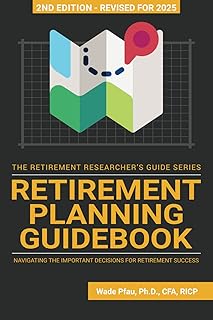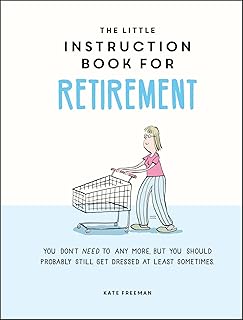Financial advisers play a crucial role in helping individuals navigate the complex world of personal finance in Australia. These professionals offer personalized advice on a range of financial matters, including investing, superannuation, retirement planning, estate planning, risk management, and insurance. Their expertise can be particularly beneficial during significant life events such as buying a home, starting a family, receiving an inheritance, or preparing for retirement.
In Australia, independent financial advisers are distinguished by their commitment to providing unbiased advice free from conflicts of interest. To be classified as independent, advisers must adhere to strict regulations outlined in the Corporations Act, ensuring that they do not receive commissions, volume-based payments, or other incentives from financial product issuers. This transparency is essential in building trust with clients and ensuring that recommendations are solely based on individual financial needs.
The regulatory landscape for financial advisers has evolved following the Banking Royal Commission, with increased emphasis on professional standards and ethical conduct. Advisers are now required to hold approved qualifications, pass standardized exams, and adhere to a Code of Ethics that prioritizes client interests and ethical behavior. Professional bodies like the Profession of Independent Financial Advisers (PIFA) and the Certified Independent Financial Advisers Association (CIFAA) play a vital role in guiding advisers towards independence and excellence in their practice.
While independent financial advisers offer impartial advice, their relative scarcity in Australia poses a challenge for individuals seeking their services. With just over 30 listed advisers on PIFA’s directory, clients may need to consider travel or remote consultations. Additionally, the cost of engaging a financial adviser can be a deterrent for some, prompting individuals to explore alternative sources of financial guidance such as financial counsellors or industry-specific advisors within banks or superannuation funds.
Despite the challenges, the benefits of working with an independent financial adviser are significant. These professionals can help individuals define and achieve their financial goals, develop personalized investment strategies, and plan for future security. By leveraging their expertise, clients can gain a deeper understanding of their financial situation, feel empowered to make informed decisions, and safeguard their financial well-being over the long term.
For those seeking independent financial advice in Australia, directories maintained by PIFA and CIFAA offer a starting point in identifying qualified advisers. These resources allow individuals to locate advisers in their respective states or territories, facilitating access to independent expertise tailored to their specific needs. Additionally, professional bodies like the Association of Financial Advisers (AFA) provide further avenues for connecting with financial professionals, although the level of independence may vary among members.
Ultimately, the choice to engage an independent financial adviser hinges on individual circumstances, financial goals, and preferences. By conducting thorough research, asking key questions about fees and affiliations, and assessing qualifications and experience, individuals can make informed decisions about selecting a financial adviser who aligns with their values and objectives. In a rapidly evolving financial landscape, the role of independent advisers remains essential in guiding individuals towards financial security and prosperity.
📰 Related Articles
- Multiverse Finance: Navigating Parallel Universes for Strategic Investments
- Jeff Young: Navigating Success in Independent Music Industry
- Young Anchors’ Vital Role in Independence Day Celebrations
- World Bank’s Role in Enhancing Remote Learning Strategies Globally
- Women’s Wealth Alliance Survey Empowers Female Professionals in Finance





